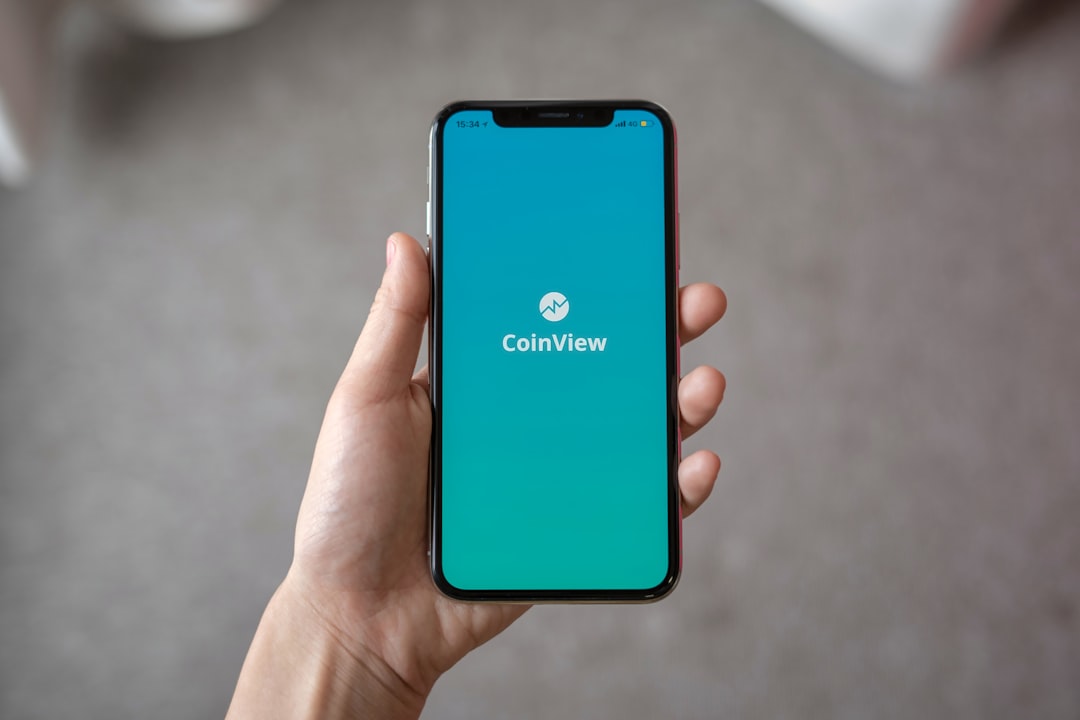Nebraska's new law banning autodialed marketing text messages without explicit consent has significantly changed the marketing landscape, particularly for businesses using automated systems in New Mexico. To avoid legal pitfalls and foster ethical practices, it's crucial to understand these strict regulations, engage specialized telecommunications and consumer protection lawyers, shift towards opt-in strategies, and comply with state and federal laws like the TCPA. These changes aim to personalize campaigns, respect consumer choices, strengthen customer relationships, and prevent unauthorized autodialed texts. Despite exceptions for established relationships, financial institutions, health care providers, and public safety agencies, businesses must maintain accurate records of opt-in preferences to minimize risk. Engaging spam texts lawyers in New Mexico is key to navigating these complexities and ensuring compliance with evolving digital age regulations.
“In a significant development, Nebraska has enacted a law prohibiting autodialed text messages without prior consent, marking a pivotal moment for privacy rights and marketing strategies. This article delves into the intricacies of the new regulation, exploring its implications on businesses and marketers. We’ll dissect the definition of prior consent, analyze exclusions, and discuss the diminished impact on spam texts. Furthermore, we shed light on legal actions against lawyers, providing essential insights for industry professionals navigating this evolving landscape, particularly in New Mexico.”
Understanding the Nebraska Law on Autodialed Texts

Nebraska has joined several other states in implementing a law that restricts the practice of autodialed or robocalls, specifically regarding text messages. This new regulation aims to protect consumers from unwanted and intrusive spam texts, ensuring their privacy and peace of mind. The Nebraska law prohibits businesses and organizations from sending automated text messages for marketing purposes without prior explicit consent from the recipients.
For individuals and companies operating in New Mexico or considering expanding their services there, understanding these laws is crucial. Lawyers specializing in telecommunications and consumer protection can offer guidance on navigating such regulations. By adhering to these rules, businesses can avoid potential legal issues and maintain a positive relationship with their customers, ensuring compliance while promoting ethical marketing practices.
What Does the Ban Mean for Businesses and Marketers?

The recent ban on autodialed texts in Nebraska without prior consent significantly shifts the landscape for businesses and marketers across the state. This new regulation, designed to curb unwanted spam texts, imposes stricter rules on how companies can communicate with consumers via text message. For businesses accustomed to using automated dialing systems for marketing purposes, this presents a challenge—they must now obtain explicit consent from recipients before sending autodialed texts.
In New Mexico, where similar regulations are not yet in place, Nebraska’s move serves as a cautionary tale and potential precedent. Marketers will need to adapt their strategies by focusing on opt-in marketing approaches, ensuring compliance with both state and federal laws (such as the TCPA). This shift could lead to more personalized, targeted campaigns that respect consumer choices, fostering better customer relationships and potentially reducing legal issues for businesses navigating the complex world of text messaging regulations.
How Prior Consent is Defined and Obtained

In Nebraska, prior consent for autodialed text messages is clearly defined and crucial to avoid legal implications. This means that businesses or individuals sending spam texts must have obtained explicit permission from recipients before using automatic dialing systems. Consent can be obtained through various methods, such as a signed opt-in form, verbal agreement during a transaction, or by providing a physical signature indicating approval for text marketing. It’s essential to ensure that the consent process is transparent and voluntary, allowing consumers in New Mexico to choose whether they want to receive these messages.
Lawyers advising on communication laws emphasize that companies must respect consumer choices regarding text message subscriptions. Once consent is given, businesses should maintain accurate records of opt-in preferences to prevent unintended or unauthorized autodialed texts. This practice not only aligns with Nebraska’s regulations but also helps foster trust and minimizes the risk of legal action related to spam texts.
Exclusions and Exceptions in the New Regulation

The new Nebraska law, while stringent in its ban on autodialed text messages without prior consent, does have several exclusions and exceptions. Notably, it does not apply to texts sent by businesses or organizations with an established business relationship with the recipient—a crucial loophole that allows companies to continue marketing to their existing customer base without seeking explicit permission for each message.
Additionally, the regulation exempts texts related to certain specific services, such as those from financial institutions, health care providers, and public safety agencies. Even more, it does not hinder communications initiated by individuals who have themselves opted in to receive autodialed messages, ensuring that consent still plays a vital role despite the law’s broader reach. These exceptions are significant, as they balance the consumer’s right to privacy with businesses’ marketing needs, particularly in the digital age where spam texts can be a persistent nuisance—a concern shared by many residents of New Mexico and beyond.
The Impact on Spam Texts and Legal Action Against Lawyers

The new Nebraska law significantly curtails the practice of autodialed text messages, particularly those considered spam. This regulation directly impacts businesses and lawyers in New Mexico who have relied on such methods for marketing and communication. With a stricter approach to prior consent, the volume of unsolicited texts is expected to decrease, providing some relief to recipients who often found these messages intrusive.
Legal professionals, especially those involved in mass communication strategies, must adapt their practices accordingly. Lawyers in New Mexico who previously used autodialed texts for advertising or client outreach may face challenges in complying with this new state law. Potential legal action against lawyers could arise from violations of consent, emphasizing the need for careful consideration and obtaining explicit permission before engaging in such marketing tactics.






